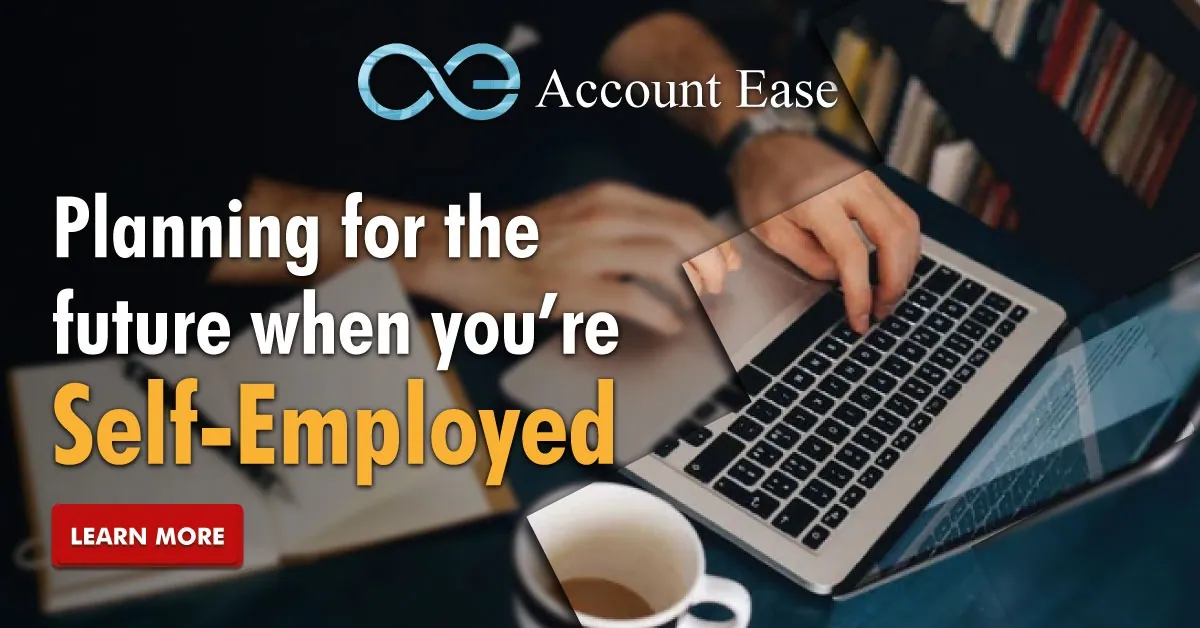Earnings can fluctuate when you’re self-employed, so it’s even more important to plan for the future. But it’s not easy! In this article, we’ll look at the ways you can enjoy self-employed life without worrying about what’s to come.
- Get started by understanding your finances
- Include time off in your pricing structure
- Plan for retirement
- Get the right insurance in place
- Diversifying your income stream
- Keep upgrading your skills
Get started by understanding your finances
It’s difficult to create any strategy without knowing what your business’s situation is in terms of financials.
Begin by taking a look at your expenses, income and any financial obligations. Create a detailed budget that define your monthly earnings and expenses to identify areas that you could save to meet your the future goals.
Include time off in your pricing structure
Employed people are entitled to benefits such as parental and sick pay as well as holiday pay. As a self-employed person, you can’t receive these benefits on a regular basis, so it’s vital to ensure that the amount you offer your customers allows for enough wiggle room to take any vacation time you may have to take for example:
- To treat injuries or illness
- A time to relax for the well-deserved vacation
- Being called up to juror duty (which could go on for weeks, keeping you from going)
Plan for retirement
It’s not a given that you’ll be able to get a pension from your employer if you’re self-employed. Therefore, it’s beneficial to find tax-efficient methods to save in the near future like through creating private pensions.
It is also helpful to consider what retirement goals you’ve set with your financial position today as well as any existing savings or investments for retirement. Are you in need of a retirement plan that will cover any outstanding debts or mortgages when you take your retirement? Think about other variables, including healthcare, living costs and inflation.
What will you do with your business?
While we’re discussing the topic of retirement, you should be contemplating what will happen to your business in the event that you retire. It could mean transfer of the business to your family friends or partners in business, reselling it, or closing down your business.
Get the right insurance in place
If you’re a self-employed person There are many different kinds of insurance you should be able to secure your business and you. For example:
- Public liability insurance can cover legal costs and compensation if someone claims injury or property damage due to something your business has done
- Professional indemnity insurance protects your company from claims arising from error or omissions when you work.
- Employer’s liability insurance in case you have employees
- Product liability insurance is required if you offer physical products
You’ll have personal insurance to think about. It could be an income security or critical illness coverage which can offer financial protection should you be unable work because of an injury or illness.
If you’re unsure of the kind of insurance you should purchase It might be worth consulting an insurance professional to create an insurance plan that is comprehensive for those who are self-employed.
Diversifying your income stream
Have you heard the phrase “don’t put all your eggs in one basket”? This is true in business, which is why examining possibilities to diversify your income streams and spread the risk is not an excellent idea. For instance, is there other services you can provide? Are you able to generate passive income streams in any way?
In the same way make sure you don’t rely only on one client or income source whenever it is possible. This will mean that your revenue is less affected when you lose a customer or they cut their spending.
Keep upgrading your skills
Industry trends and new technologies in your field can move fast, so stay ahead of the curve. Continuous learning will help you remain competitive and adaptable to market changes, so it’s well worth investing time and resources in developing new skills or brushing up existing ones. This could involve taking online courses, attending workshops or heading to networking events. It all opens doors to new opportunities, collaborations and potential clients.
Being self-employed is great, but it certainly comes with its own challenges! Why not learn more about our online accounting services for self-employed people? Talk to one of the team on 0208 133 4599
or feel free to get an instant quote online.

